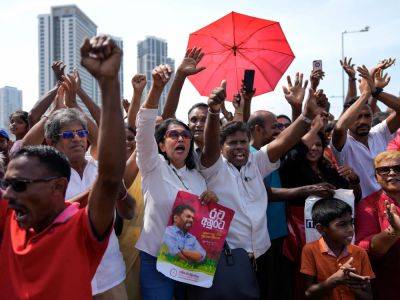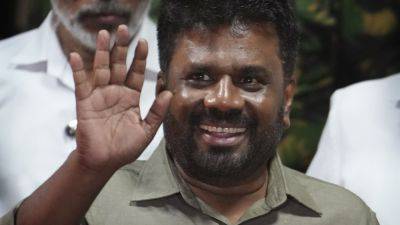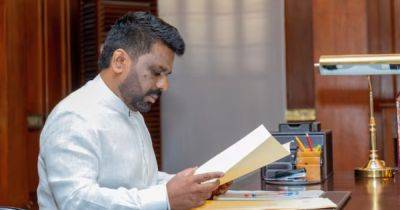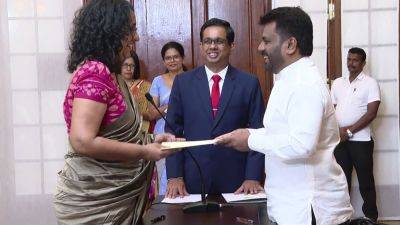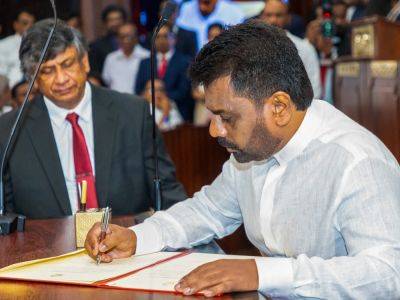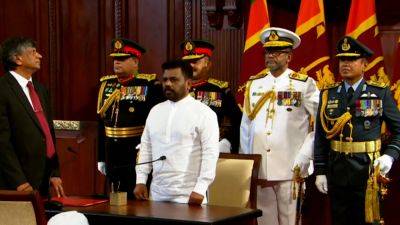What Sri Lanka’s Marxist-leaning leader means for the economy
Sri Lankans voted for a new direction in leadership on September 22, 2024, electing a leftist anti-poverty campaigner as president of the South Asian nation.
The ascent of Anura Kumara Dissanayake marks a break with the past and from the establishment parties and politicians blamed for taking the country to the brink of economic collapse in 2022.
Dissanayake characterized the victory as a “fresh start” for Sri Lanka – but he will nonetheless need to address the economic baggage left by his predecessors and the impact of an International Monetary Fund loan that came with painful austerity demands.
The Conversation turned to Vidhura S Tennekoon, an expert on Sri Lanka’s economy at Indiana University, to explain the task facing the new president – and how Dissanayake intends to tackle it.
What do we know about Sri Lanka’s new president?
Anura Kumara Dissanayake leads both the National People’s Power alliance, or NPP, and the Janatha Vimukthi Peramuna, or JVP. Rooted in Marxist ideology, the JVP was founded in the 1960s with the aim of seizing power through a socialist revolution.
But after two failed armed uprisings in 1971 and 1987-89 – which resulted in the loss of tens of thousands of lives – the party shifted toward democratic politics and has remained so for over three decades.
Until this election, the JVP remained a minor third party in Sri Lanka’s political landscape, while power alternated between the alliances led by the two traditional political parties – the United National Party and the Sri Lanka Freedom Party – or their descendant parties.
In 2019, under Dissanayake’s leadership, the NPP was formed as a socialist alliance with several other organizations. While the JVP continues to adhere to Marxist


